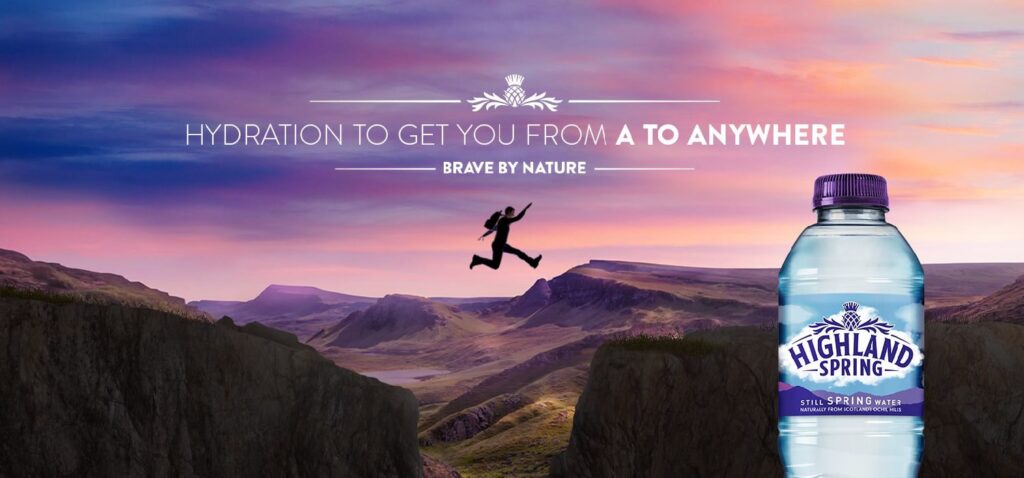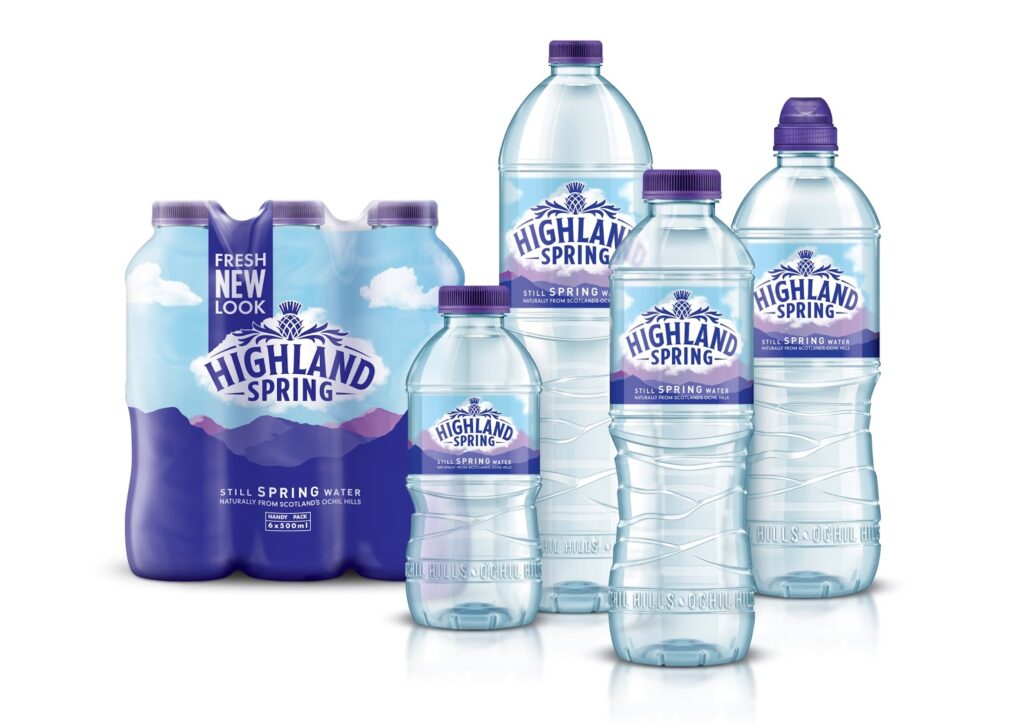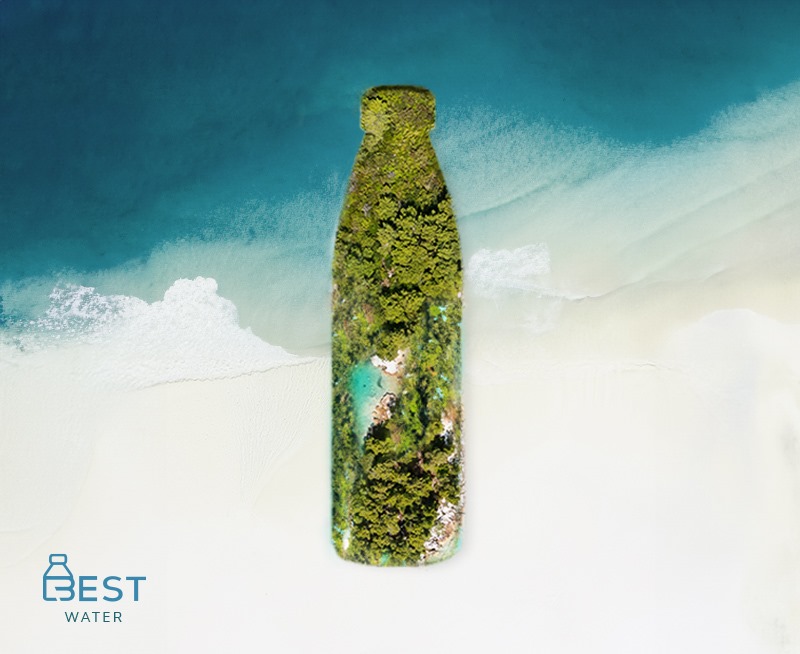Highland Water: Purity from the Peaks

Introduction
Highland water, often synonymous with purity and natural freshness, is a term that refers to water originating from high-altitude areas, typically mountains or upland regions. The unique environmental conditions and biological filtration processes at high elevations contribute to highland water’s distinct quality and taste. This article will explore its characteristics, benefits, and expected uses and address frequently asked questions about this natural resource.
Characteristics of Highland Water
Natural Filtration Process
It benefits from a natural filtration process as it travels through layers of rock and soil in mountainous regions. This process removes impurities and enriches the water with minerals, making it cleaner and healthier than water from lower altitudes.
Low Mineral Content
Despite being rich in essential minerals, it typically has a lower mineral content than other natural water sources. This gives it a softer taste and makes it more palatable for a broader range of consumers.
Cool Temperature
The cool, crisp climate of highland areas ensures that the water remains at a low temperature, which helps maintain its freshness and reduces the likelihood of bacterial growth.
Benefits of Highland Water
Health and Wellness
Drinking it can contribute to overall health and wellness. The natural minerals in this water, such as calcium and magnesium, are essential for bone health, cardiovascular function, and more.
Environmental Impact
Sourcing water from highland areas can have a lower environmental impact than other water sources, assuming sustainable practices are followed. These regions’ natural filtration and replenishment cycles help ensure a consistent and sustainable water supply.
Common Uses of Highland Water
Bottled Water Industry
It is often bottled and sold as premium drinking water. Its purity and mineral content make it a popular choice among health-conscious consumers.
Brewing and Distilling
The softness and purity of it are ideal for brewing beer and distilling spirits, where water quality can significantly influence the taste and quality of the final product.
FAQs about Highland Water
What makes highland water different from other types of water?
Its origin characterizes it in high-altitude areas, where it undergoes natural filtration and acquires a unique mineral composition. Its purity, low mineral content, and excellent temperature set it apart from water from lower altitudes.
Is highland water better for you than regular tap water?
While it and tap water can be safe and healthy to drink, it often contains fewer pollutants and a different mineral composition due to its natural filtration process. However, the health benefits can vary based on individual water sources and personal health needs.
How can I tell if my drinking water is genuinely highland?
Additionally, reputable brands often provide information about the water’s origin and filtration process.
Is highland water more expensive than other types of bottled water?
It can be more expensive than other types of bottled water due to the costs associated with sourcing and transporting water from remote, high-altitude areas. However, many consumers find the quality and taste justify the higher price.

Conclusion
With its unique origin, natural filtration process, and rich mineral content, it offers a pure and refreshing alternative to conventional water sources. Whether for drinking, cooking, or brewing, it provides a premium option for those seeking purity and quality in their water supply. While it may come with a higher price tag, the benefits to health, wellness, and the environment make it a worthwhile choice for many.




